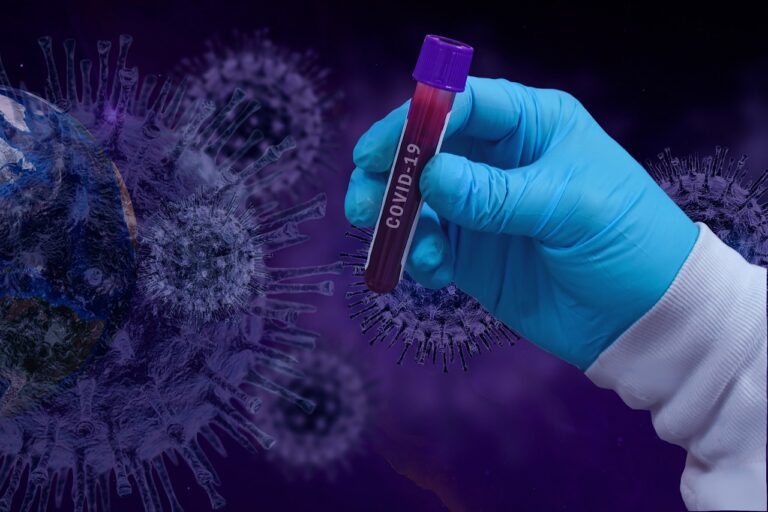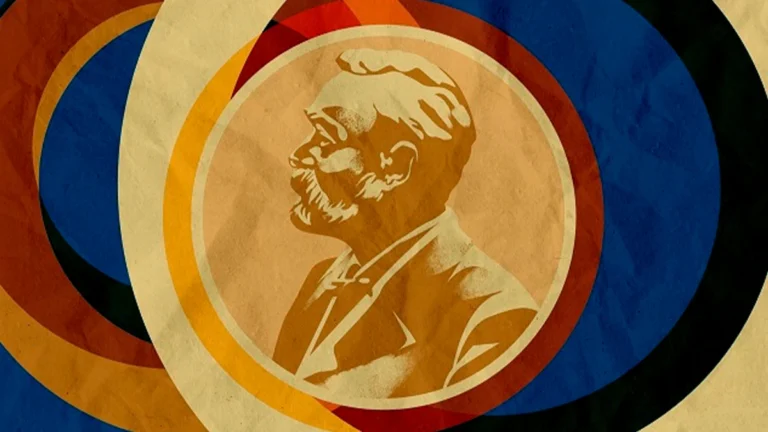The world has been in the grip of COVID-19 pandemic for more than a year now. We’ve all been wondering when it will end, and the answers are not always clear. In this post, we’ll explore the different ways that scientists define “end” when talking about pandemics and how those definitions affect our understanding of this deadly virus.
Table of Contents
What are the endpoints of a pandemic
The endpoints of a pandemic are the goals of the virus attack. The COVID-19 pandemic has two primary endpoints:
- stopping the spread of the virus, which means no more new people becoming infected with COVID-19 and no more cases of severe illness;
- having effective treatments for those who contract COVID-19 and vaccines that can prevent people from getting infected in the first place.
When will the infection stop spreading
Nobody knows for sure. As with any pandemic, the COVID-19 pandemic will end when vaccination, immunity, and treatment are widely available. That means that people worldwide will be able to get their shots to protect themselves from contracting the virus and spreading it further. In addition, people who already have COVID-19 can take medication to prevent them from getting sick again.
But even though there are ways to prevent yourself from getting infected with COVID-19 (or any other disease), it’s not always easy to get your hands on them or afford them. For example: vaccination prices vary widely depending on where you live—and sometimes even within your city! One of the most expensive vaccines in Canada costs $550 per dose without shipping costs added on top of that
How the Covid-19 vaccine is helping to end the pandemic
This isn’t the first time we’ve seen a pandemic — a large-scale outbreak that affects a large part of the world. The last one was H1N1 in 2009, which killed ten times as many people as usual in one year.
But this time, it’s different. Our vaccines are better than ever— they’re more effective and less likely to cause side effects than those used during previous pandemics. And they’re not just available in developed countries: The WHO says that at least 1 billion doses have been given since May 2019 alone. The vaccine was also made available on a mass scale for free in certain countries where there were shortages of healthcare workers after outbreaks caused by COVID-19.
And this isn’t just about stopping outbreaks from happening — it also helps prevent deaths from future flu outbreaks. If enough individuals in a population are vaccinated, it can help prevent new strains from emerging and spreading through the population. This is called herd immunity: when enough people are vaccinated, they can stop the virus from spreading further and protect those who aren’t vaccinated yet — such as babies under six months old, who aren’t eligible for vaccination.
Is Covid-19 treatment widely available?
Yes, there are several treatments available for treating COVID-19 at home or in an outpatient setting, including Nirmatrelvir with Ritonavir (Paxlovid), Remdesivir (Veklury), Bebtelovimab and Molnupiravir (Lagevrio).
The pandemic ends when vaccination, immunity, and treatment are widely available.
In order to end the pandemic, three things need to be widely available: vaccination, immunity, and treatment.
Vaccination will stop the spread of the Covid19 virus by preventing it from spreading from one person to another.
Immunity will protect people who have been vaccinated against COVID-19 from getting sick themselves if they come into contact with someone infected. This means that even though you might still see some instances of people getting sick during this period, there won’t be as many new cases because those who have immunity can help keep others safe from infection in their community or workplace.
Treatment will help those who have been infected, so they recover faster than if left untreated; it also reduces transmission risk since people can no longer pass on COVID-19 after being treated for their illness
The question: when will the COVID-19 pandemic end is too important not to ask
The question of when will the COVID-19 pandemic end is too important not to ask. If you’ve been infected with the virus, it’s natural to wonder when you’ll be able to return to your normal life. But unfortunately, there isn’t one specific date we can set for when the pandemic will end—it depends on various factors.
The first thing that needs to happen for an end date is for vaccination and immunity against this new virus to become widespread enough that there aren’t any opportunities for transmission anymore. Once this happens globally (and not just in pockets), then we can talk about whether or not “the pandemic” has ended.
This may sound simple, but it’s much harder than it seems because COVID-19 mutates quickly and easily. Every time someone with COVID-19 sneezes or coughs, they could spread different strains of their virus, making it hard for researchers and public health officials to keep track of what’s happening at any given time!
So, how long is the COVID-19 pandemic likely to last? Every outbreak is different, even when they occur in the same place and time. Some experts say this outbreak may last for many more years, but it’s hard to know. It could be longer or shorter.
No matter what happens with this particular outbreak, we will certainly see more of them soon. Fortunately, as long as you get a vaccine, you will probably be safe. Just don’t forget your vaccine boosters.
Read also: How many Ukrainian refugees are there, and where have they gone?












